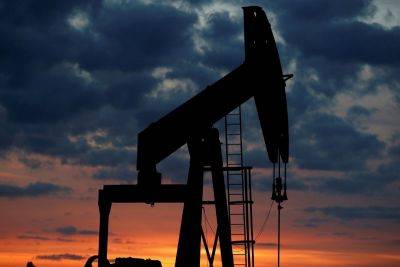Explainer: Why is Siemens Energy seeking $16 billion state guarantees?
German government and Siemens Energy to strike a deal over around 15 billion euros ($15.9 billion) in guarantees for the power equipment firm continued over the weekend, according to two people familiar with the matter.
Shares in the company, which was spun off from former parent Siemens in 2020, fell as much as 39% to a record low last week after the discussions became public, the latest blow after the company unveiled major quality issues at its wind turbine unit Siemens Gamesa.
The sources in this story declined to be identified due to the sensitivity of the matter.
Here are answers to the most pressing questions:
Is this a government bail-out?
No.
The company is seeking government guarantees to help realise its pipeline of large industrial projects, mainly in Siemens Energy's former gas and power division, which builds and services gas turbines and manufactures large power converters stations.
Such guarantees, usually issued by companies and the banks they work with, are commonly issued for sizeable projects because industrial firms need to provide evidence to their customers that they can meet certain liabilities during the construction process.
In other words, it's a financial backstop that ensures the project's viability.
Big industrial orders that run over several years usually require these guarantees to secure principals' downpayments as well as performance guarantees and warranties over a 3-5 year period or longer to ensure the viability of the project, according to a third source familiar with the matter.
This holds true for all major industrial firms and poses no problem as long as banks provide the necessary volume of guarantees, which in reality are almost never drawn.
According to data from the

























